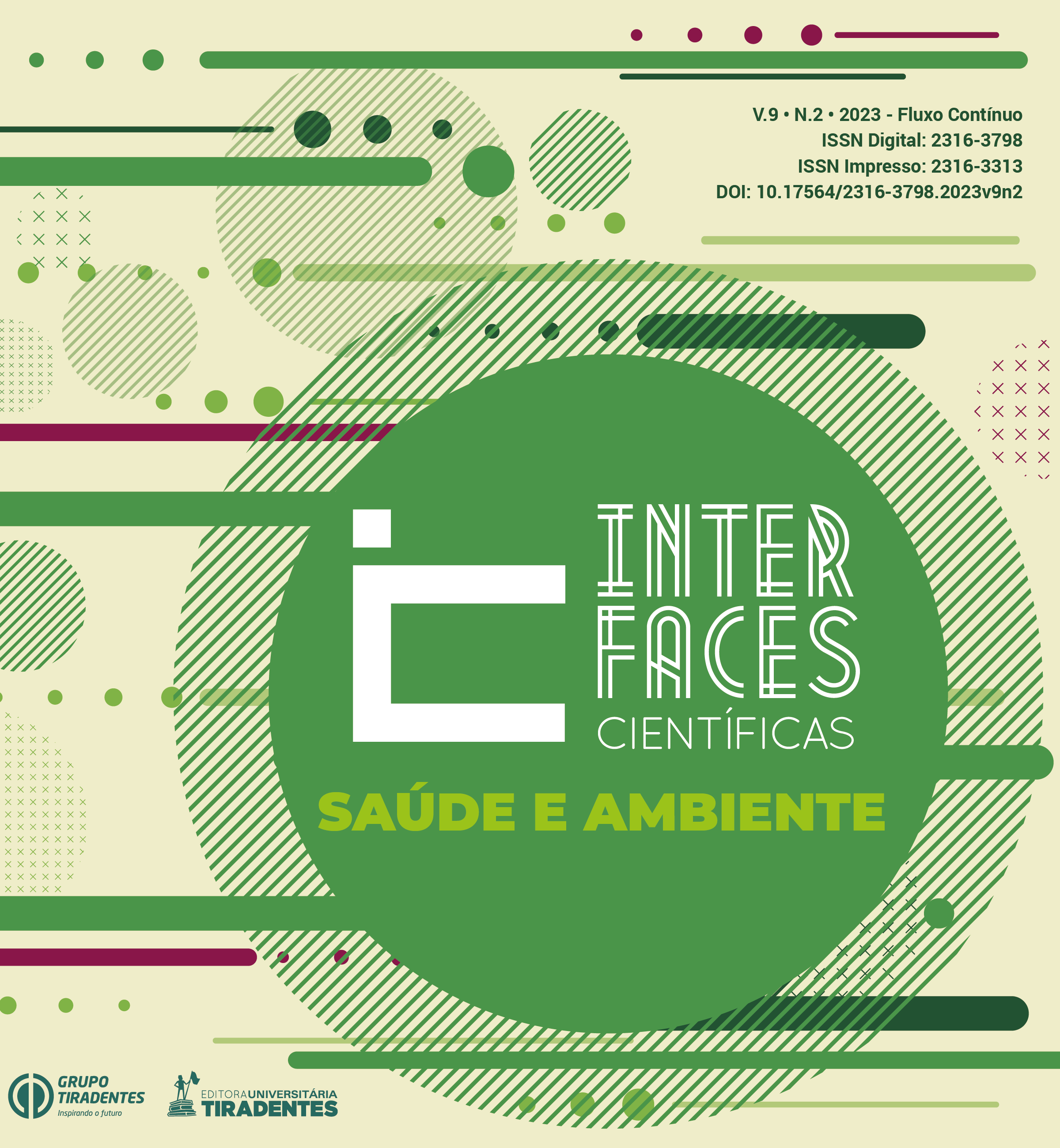POLÍTICAS E PRÁTICAS DE CONTROLE DE Aedes aegypti: PERCEPÇÕES DE AGENTES DE COMBATE A ENDEMIAS
DOI:
https://doi.org/10.17564/2316-3798.2023v9n2p292-302Published
Downloads
Downloads
Issue
Section
License
Copyright (c) 2023 Interfaces Científicas - Saúde e Ambiente

This work is licensed under a Creative Commons Attribution-NonCommercial 4.0 International License.
Autores que publicam nesta revista concordam com os seguintes termos:
a. Autores mantêm os direitos autorais e concedem à revista o direito de primeira publicação, com o trabalho simultaneamente licenciado sob a Licença Creative Commons Attribution que permite o compartilhamento do trabalho com reconhecimento da autoria e publicação inicial nesta revista.
b. Autores têm permissão e são estimulados a distribuir seu trabalho on-line (ex.: em repositórios institucionais ou na sua página pessoal), já que isso pode gerar aumento o impacto e a citação do trabalho publicado (Veja O Efeito do Acesso Livre).
Abstract
Combat Endemic Disease Agents (ACE) are fundamental professionals in the application of endemic and epidemic control policies and actions, working together with the Primary Care teams of the Family Health Strategy (ESF) and assisting in the integration between epidemiological surveillance, sanitary and environmental. This study aimed to analyze, from the perspective of the ACE, the effectiveness of policies and practices in the control of Ae. aegypti in the State of Santa Catarina. Five municipalities in western Santa Catarina participated in this study. For data collection, an individual and self-administered structured questionnaire was used. Difficulty in complying with the cycles of visits recommended by the National Dengue Control Program (PNCD) and delays in treating non-removable deposits were evident. A portion of the ACE admits to having regular knowledge about the calculation for the treatment of non-removable reservoirs, which puts the effectiveness of the product and exposure of the population at risk, especially those who store water for human consumption in these containers. Although the ACEs state that the technical guidelines received and described in the PNCD are possible to apply in their municipalities, and they consider them effective for vector control, the current entomological and epidemiological scenario of Santa Catarina demonstrates that there are gaps for the effectiveness of policies and practices in the mosquito control.




















